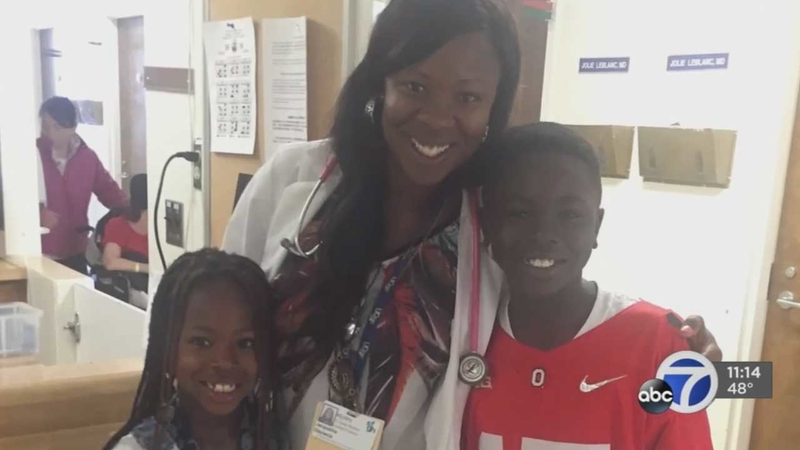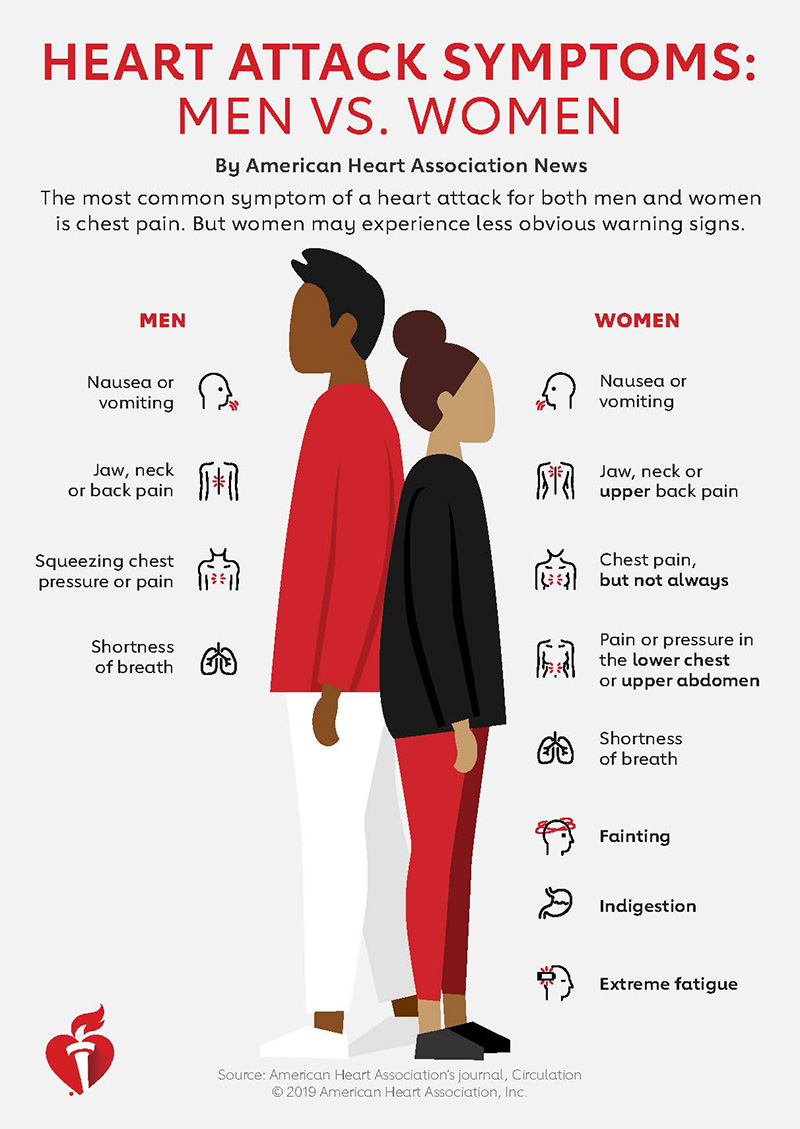
Early EHCI training (EHIC) education aims at teaching the basics of EHCI for those who may have suffered from a previous heart attack or just want to know how to spot the early symptoms and avoid further problems. These include recognizing the symptoms of a heart attack, avoiding them, and how to call in for help.
Heart attack signs are all related to the way your body is reacting to some kind of stress on your body. The heart becomes weak, the muscles in the chest relax, blood pressure rises and you feel a sharp and stabbing pain in the chest. Early EHCI education (EHIC) education teaches you what to look for in these symptoms and how to respond when you experience one of them. By knowing what to expect when you experience these symptoms, you will be better able to spot the signs of a heart attack and immediately get help for yourself.
First and foremost, knowing the early symptoms of a heart attack is crucial. You should not ignore the symptoms if you think that you are having a heart attack as they could be signs of a bigger problem. Early EHCI training (EHIC) education teaches you what these symptoms are and the ways you can recognize them so that you can help yourself in such a situation.
Symptoms of a heart attack may include having trouble breathing, feeling lightheaded or dizzy, feeling tired or run down, feeling nauseous and experiencing chest pain. To recognize these symptoms of a heart attack, you should monitor yourself for a few hours every day and try to notice any changes in your behavior. If you begin to notice any of these symptoms in the morning or right after having a meal, seek medical help. Do not wait until you are in danger of having a heart attack; call 911 as soon as you know that you have had a heart attack. Waiting for help for yourself may mean that you will lose your chance of survival.
To help you recognize when chest pains occur, you should try to identify the common causes of chest pains, for example being in too much of a stressful situation. Also note the symptoms of your heart attack and the times of the day when you are experiencing them the most.
Early EHRIC education also teaches you how to react to your EHIC after you experience an attack. Remember, there are certain methods that you should follow in case of an emergency and the EHCI instructor will explain these techniques to you so that you will be better able to protect yourself and your loved ones.

A good way to help yourself is to breathe deeply and slowly through pursed lips and exhale and hold your breath until you have exhaled completely, and held your breath. If you have an attack while you are asleep, it is important that you do not try to sleep. Do not go to your next sleep unless you feel calm and comfortable.
If you have a heart attack, it is important that you seek help immediately and do not wait until it has worsened. When you know the early heart attack signs, you are more equipped to fight for your life and can save your own life.
The different situations that you can have an attack with are different, and you should be aware of the symptoms of heart attacks. For example, if you notice that you are experiencing chest pain while you are lying in bed or when you have been sitting down, this is a sign that you need to seek help immediately. These symptoms also appear while you are standing. If you are dizzy, faint, have shortness of breath or experience pain or pressure in your chest, then you need to seek medical help.
It is also important that you know what to do when you have a heart attack so that you will know what to do in case of a future pain. If you experience chest pain, you should either take a deep breath into your mouth or try to relax your lungs. Do not panic because the pain and discomfort will subside eventually. You may find yourself gasping for breath and feel weak.
Remember, you should never ignore a symptom of a heart attack for any reason. Call 911 or get a first aid kit from your local pharmacy or doctor’s office. Do not wait for the symptoms of a heart attack to worsen before seeking help; instead, seek immediate help for yourself and others so that you can improve your chances of surviving this horrible condition.